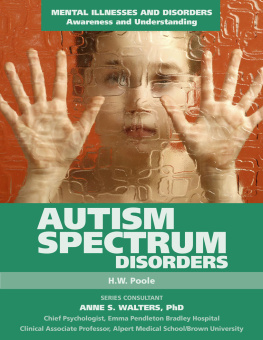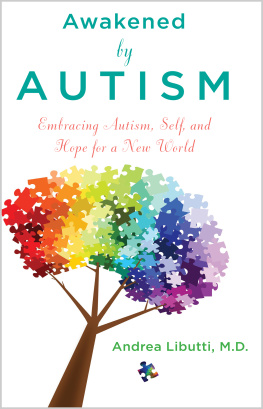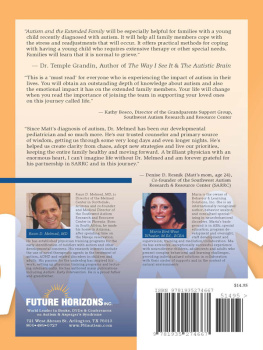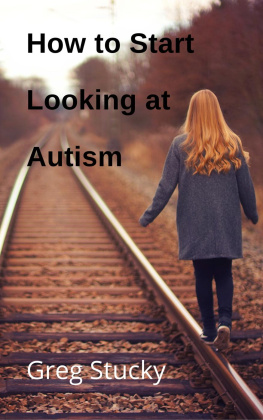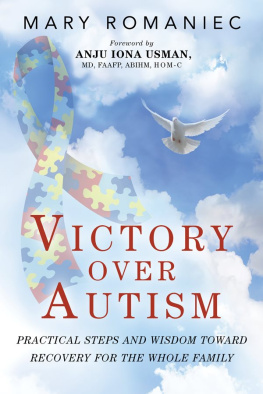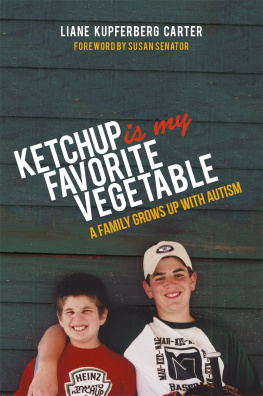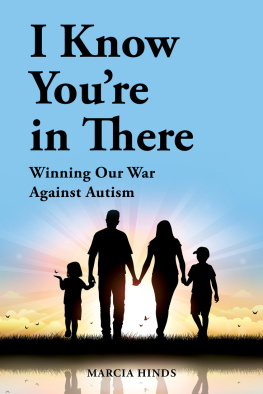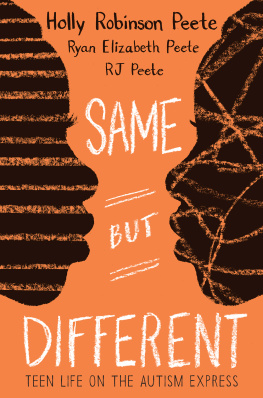THE RIDE
TOGETHER
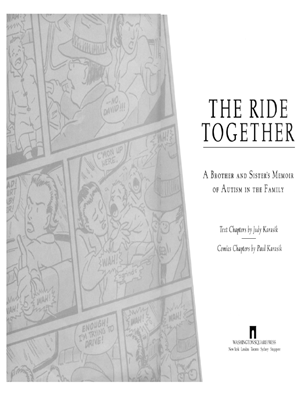

WASHINGTON SQUARE PRESS
1230 Avenue of the Americas, New York, NY 10020
www.SimonandSchuster.com
Copyright 2003 by Judy Karasik and Paul Karasik
All rights reserved, including the right to reproduce this book or portions thereof in any form whatsoever.
For information address Washington Square Press, 1230 Avenue of the Americas, New York, NY 10020
ISBN: 0-7434-2336-4
ISBN: 978-0-7434-2336-6
eISBN: 978-1-4391-2215-0
First Washington Square Press hardcover printing January 2003
10 9 8 7 6 5 4 3 2 1
WASHINGTON SQUARE PRESS is a trademark of Simon & Schuster, Inc.
For information regarding special discounts for bulk purchases, please contact Simon & Schuster Special Sales at 1-800-456-6798 or business@simonandschuster.com
Designed by Joel Avirom and Jason Snyder
Printed in the U.S.A.
Superman and all related elements and indicia are trademarks of and DC Comics.
All Rights Reserved. Used with Permission.
THE RIDE
TOGETHER
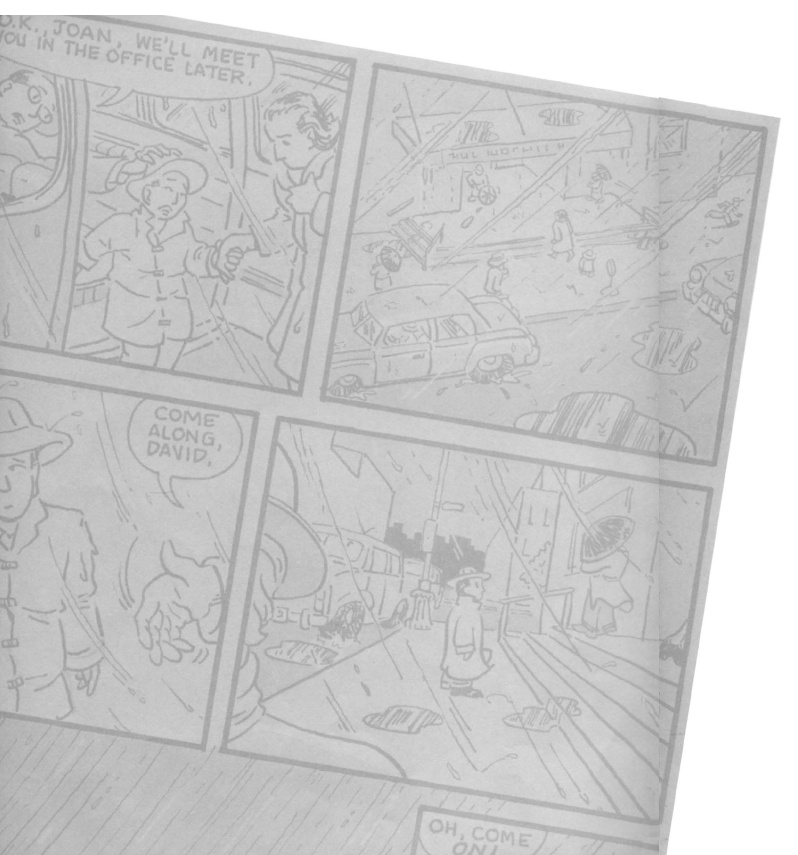
CONTENTS
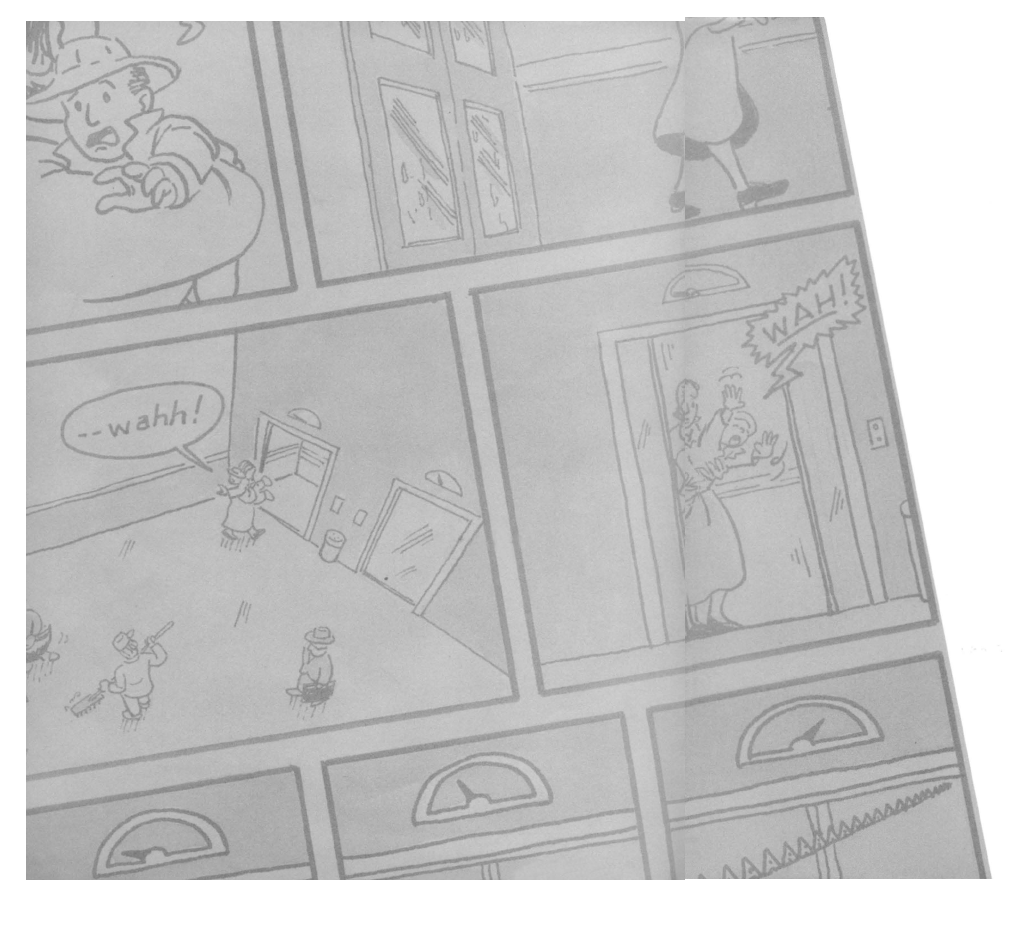
1995
1 Family
We looked like a cup of human fruit cocktail dumped onto the top of the house, each piece different but all out of the same can: Mom, David in his pajamas, Michael and his wife, Paul and his wife, various children, and me. Everyone present and accounted for, as Pop would have saidand come to think of it, he was probably up there too, like the ghost in Hamlet, the late King Monroe wandering the castle parapet.
We were together there for one last time, up on the roof, as though sitting on top of the old house would make it easier for the family to remember everything that had happened there. After thirty-eight years we were leaving; the place was sold and Mom was moving on to something smaller.
Each of us had climbed a rickety ladder in the attic; the ladder rose straight to hook onto a metal bar under the trapdoor. One by one, wed emerged through the trapdoor onto the widows walk, a square platform surrounded by a wooden guardrail, right in the center and at the very top of the roof, up high, above three tall stories.
This was the first time our oldest brother, David, had ever been on the roof. Although we had lived in the house for nearly forty years, over all this time nobody had thought to take him up, creating one of those gaps in ordinary experience that are scattered throughout the life of a person with autism.
We gazed toward the other houses on Lenox Street, visible through wind-shifting leaves, like ocean boulders appearing and disappearing with the waves. It was a late afternoon in April of 1995, in spring, that pale, open, sweet time of year when new and unexpected things seem about to occur. This did not make me happy.
I was forty-one years old and unlike Michael and Paul, I was single. I was terrified of what the future would hold. The house was where it had all happened. The house was where we had gathered, where we had been children, where we had grown up, where grandparents and other relatives and friends had come to live, some of them for years, with our strange, proud, ordinary family, in the country inside our house. This was the place we had returned to and left again, reminding ourselves of who we were. The house had kept our faith, but now it couldnt protect me. If it were gone, what would remind Michael and Paul of who we were, how we lived our lives?
I saw myself holding my brother Davids hand, leading him through his days, big emptiness all around me.
We had a couple of bottles of good champagne. While Pauls two teenage stepdaughters, Gia and Cleo, watched, I showed first Henry, Michaels three-year-old son, then Nora, Pauls five-year-old daughter, how you gently ease the cork out of a champagne bottle, and the great noise it makes, and how the cork flies, shot out of the thick cannon of the bottles neck.
I used to come up here and see whales, I told Henry. Sometimes I would come up and instead of trees and streets, there would be an ocean filled with fish and whales. And our big rock on Lenox Street became a schooner and we could sail away, we could voyage forever in the beautiful day, into the starry night.
I was drunk on champagne and all I wanted to do was make trouble. Mom, I said, innocent-like, you know, I used to come up here and go out onto the roof. Just walked out on the roof. Not like you and Popyou used a rope. I just walked out.
For many years, until Joan and Monroe were both well into their sixties, my parents had cleaned the gutters of the house together. My mother tied a rope around my fathers waist, looping it several times around the posts of the widows walk, belaying Pop as he inched out down the roof, which sloped at a steep pitch in all four directions, scooped out the crud from the gutters, and carefully threw the debris down onto the lawn.
Well, my mother commented, what we did probably wasnt all that safe, either, when you get right down to it.
It was nuts, Mom, Michael commented cheerfully. You should have hired people, like all the neighbors do. People younger, stronger, and stupider. The whole idea was nuts.
I didnt use a rope, I said, twisting the conversation back to me. Just went over the rail and down the side of that dormer. I sat on my rear end and scooted all the way to the front of the dormer. Theres a little sloping piece of the roof in front of the dormer.
Nobody said anything. My sisters-in-law were looking at their children. None of them could believe I would put an idea like this in the minds of these children.
Theres no talking to people when they get like that, no explaining.
I remembered it so clearly: the neighborhood laid out like a diagram in front of me, with a clarity and definition that it lacked at all other times, and, securely stowed right below me, every single one of the people I knew the best.
I dont think there was a moment in my life when Id felt safer.
Then someone made a joke, and Paul changed the subject, and all of a sudden the champagne was finished and we all went downstairs, perhaps a little more carefully than we had gone up, for a last supper of leftovers.
Brothers, wives, children, Mom, and me, everybody pulled food out of the refrigerator. David pulled out a plate of smoked turkey and took it out to the table. Michael had smoked it perfectly, which took hours of tending to do.
We all went out to the porch and sat around the folding table that our mother had modified thirty-four years before, a tidy Joan-like design that used only two small blocks of wood and two hooks and eyes to make it the right height to eat at, sitting on the hickory and oak chairs that came from Mr. Dietzs shop in New Paris, Pennsylvania. Our father had always explained the design of the chairs to every new guest: the oak slat backs had been bent in such a way that they fit the small of your back comfortably no matter what size you were. After the explanation he would smile and get back to work, spinning ice in the martini glasses to chill them, then, with the final spin, shooting the ice over the porch railing into the bushes. We all believed that someday ice trees would grow from those cubes. Even that belief we were leaving behind.
Next page


